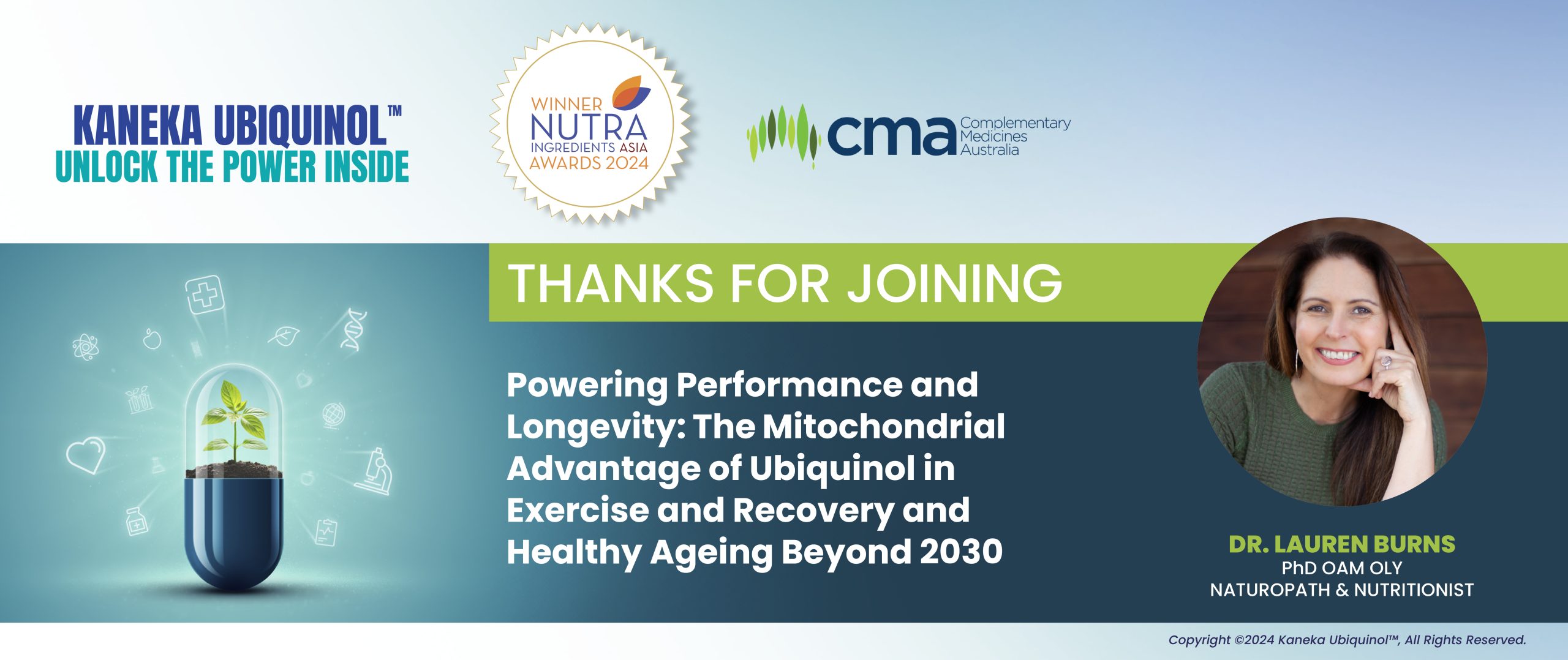House of Wellness: Ubiquinol’s role in supporting sperm health
Dec 2019Recent Article
This powerful antioxidant may help with healthy sperm – here’s everything you need to know.
When we think of fertility issues our minds may often jump to women, but statistics show they are widespread among both sexes.
For about 20 per cent of infertile couples, the problem relates only to the male partner. In 30 per cent of couples the problem is in both partners.
Male fertility problems can include poor quality sperm, low sperm count, and blockages in the tubes of the reproductive system.
So, what exactly is Ubiquinol?
Ubiquinol is the most readily absorbed form of naturally occurring antioxidant CoQ10 (Coenzyme Q10).
Even when we’re sedentary, everything that’s going on in our cells requires an incredible amount of energy exchange.
Ubiquinol is one of the most powerful fat-soluble antioxidants in the body and research shows this form of CoQ10 plays a critical role in creating most of this cellular energy.
What does Ubiquinol have to do with sperm?
Studies have shown that Ubiquinol is not only present in high levels in sperm, but that it can protect sperm cells from oxidative damage, improve sperm count and may also play a role in sperm energy production.
One study by Iranian researchers, published in The Journal of Urology, found Ubiquinol may be “significantly effective” in helping men with oligoasthenoteratozoospermia – a condition where a man has the combination of a low sperm count, poor sperm motility or movement, and abnormal sperm shape.
Among the more detailed findings of this study were that:
- Ubiquinol significantly improved sperm density in more than 62 per cent of men;
- The number of motile sperm also increased significantly in 57 per cent of men;
- The percentage of normally shaped sperm improved in 52 per cent of men who took Ubiquinol as compared to placebo; and
- Sperm density increased more than 2.5-fold with Ubiquinol compared to conventional CoQ10.
Boosting Ubiquinol levels
Our natural Ubiquinol levels decline as we age, peaking at around the age of 30 (or even earlier if you are physically active or stressed).
So it may be worth looking at compensating for a decline in natural Ubiquinol levels, particularly if you and your partner are trying to conceive.
You can find Ubiquinol in foods like sardines and red meat, but you’d need to eat 50 cans of sardines or 3kg of red meat per day to reach your recommended daily intake.
Ubiquinol is also available in supplement form. Scientists have developed a soft-gel Ubiquinol supplement available from leading Australian brands, to help ensure you get the adequate amount of Ubiquinol you need.
Speak to your healthcare practitioner first to find out more about Ubiquinol and remember a healthy diet, exercise, rest and low stress are also important in your fertility journey.
Written by Liz McGrath.
This post is brought to you by Kaneka Ubiquinol. Always read the label. Use only as directed. Consult your healthcare practitioner.
As appeared on House of Wellness.
You can share this by:
Keep up-to-date with Ubiquinol News
Ubiquinol Headlines

Retail Pharmacy: Healthy Ageing in the Spotlight
Apr 2025Category: Ageing, Antioxidants, APP, Conference, Conferences, Endurance, Health, Health Industry, healthy ageing, Immunity, In The News, Mitochondrial health, Nutrition, Online, Stress, Ubiquinol, Vitamins, wellnessRead More
Retail Pharmacy: The Impact of Loneliness on Heart Health
Apr 2025Category: cardiovascular health, dr ross walker, Heart, In The News, Mitochondrial health, Online, UbiquinolRead More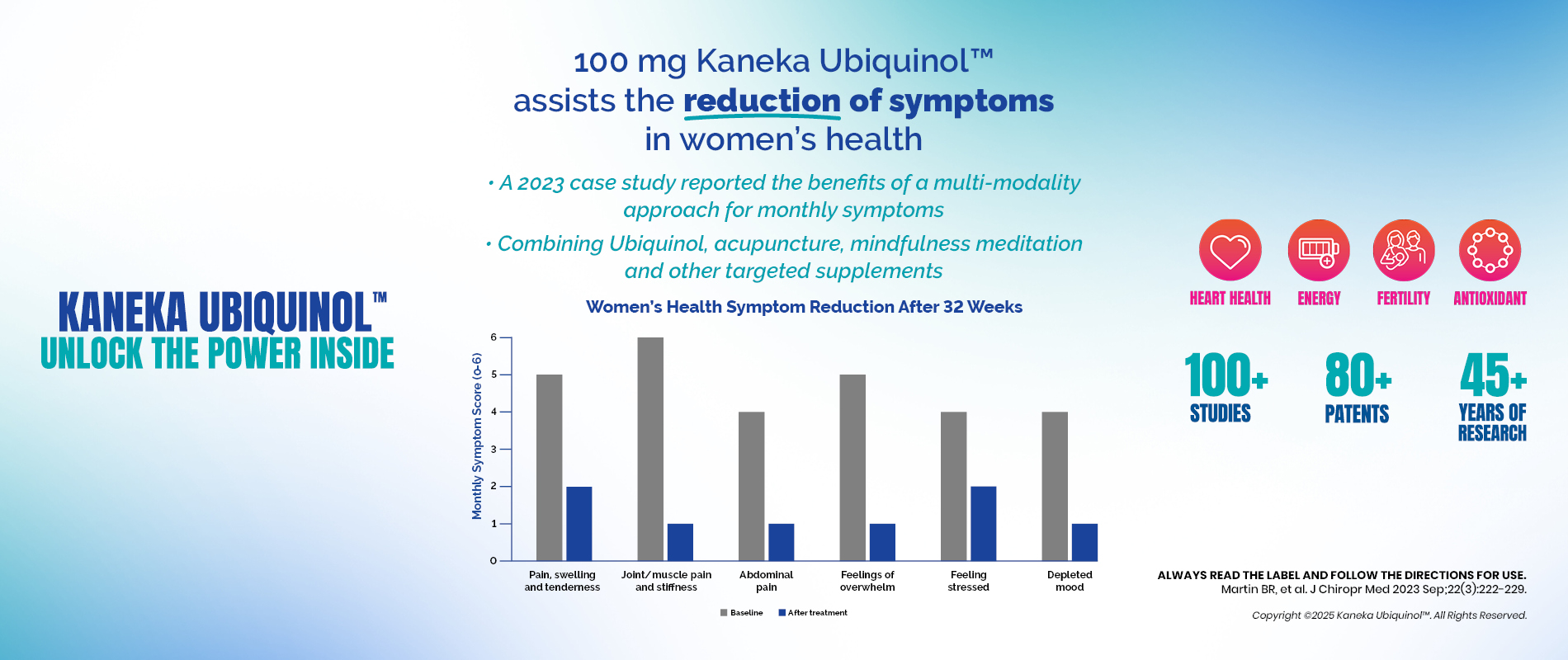
Ubiquinol for Women’s Health
Apr 2025Category: Ageing, Antioxidants, Fertility, Kaneka, Mitochondrial health, Ubiquinol, wellness, Women's HealthRead More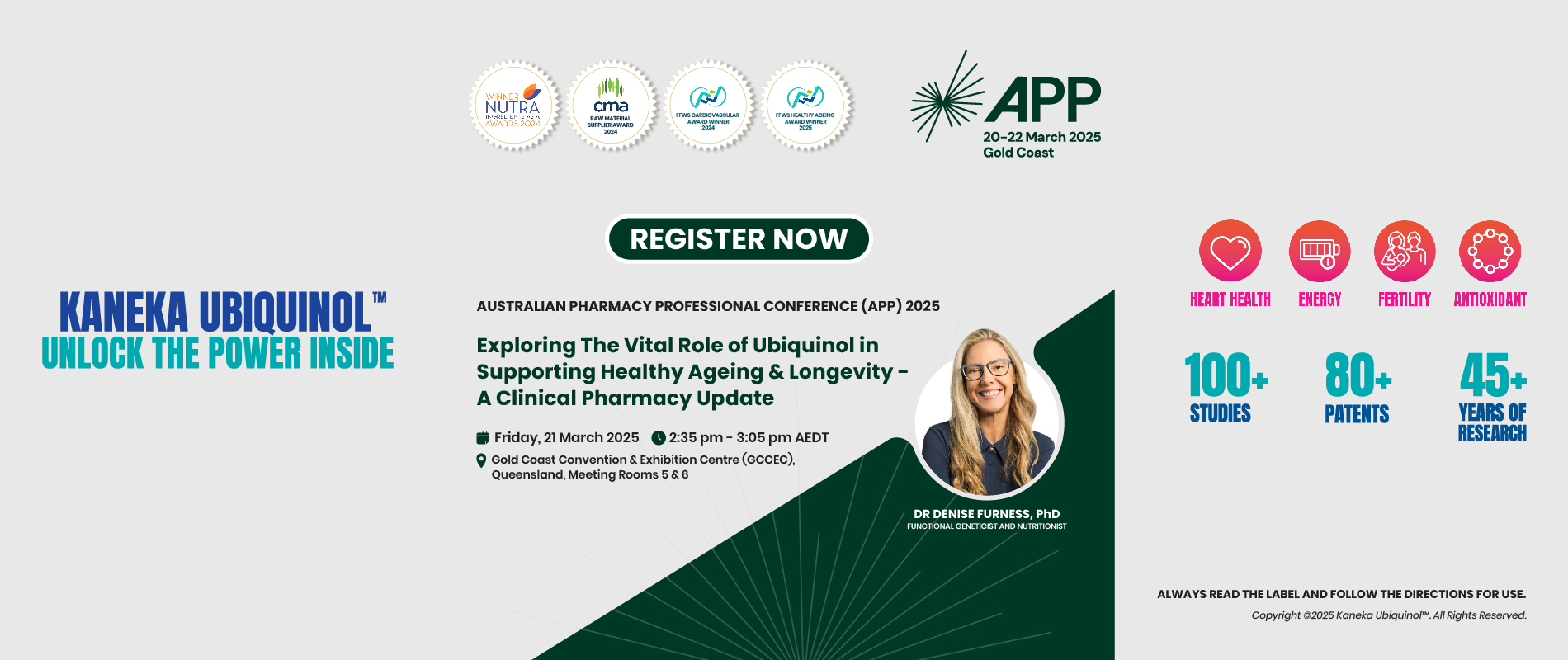
Kaneka Ubiquinol™ at APP 2025: Advancing Healthy Ageing & Longevity
Mar 2025Category: Ageing, Antioxidants, APP, Conference, Conferences, Energy, Fatigue, Health, Health Industry, healthy ageing, Kaneka, Mitochondrial health, Nutrition, UbiquinolRead More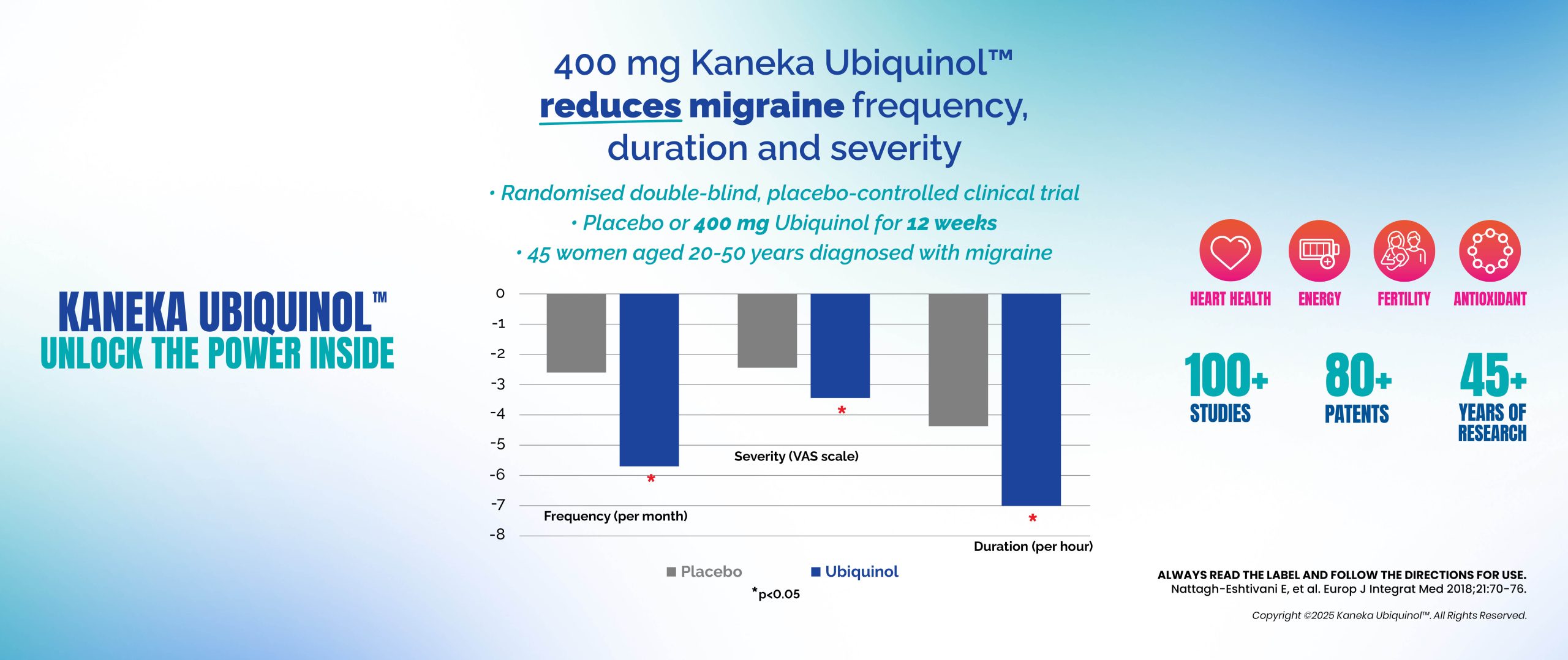
Ubiquinol: Supporting Migraine Relief Through Cellular Energy
Jan 2025Category: Antioxidants, complementary medicine, Energy, Fatigue, Health, Health Industry, healthy ageing, Kaneka, Mitochondrial health, Nutrition, Stress, Ubiquinol, Vitamins, wellnessRead More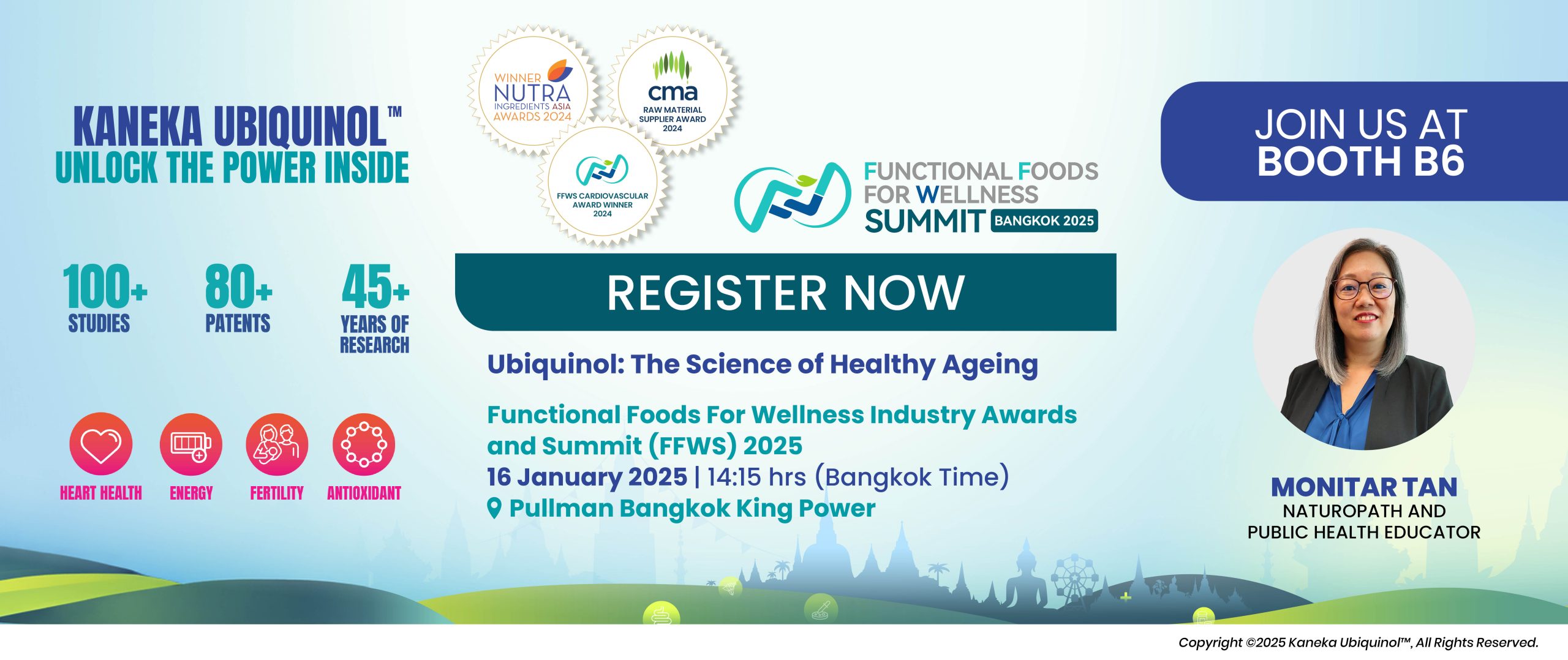
Kaneka Ubiquinol™ at Functional Foods for Wellness Industry Awards and Summit, #FFWS2025
Jan 2025Category: Ageing, Antioxidants, Awards, cardiovascular health, Conference, Conferences, Energy, Fatigue, FFWS2025, Health, Health Industry, healthy ageing, Kaneka, Menopause, Mitochondrial health, Nutrition, Ubiquinol, VitaminsRead More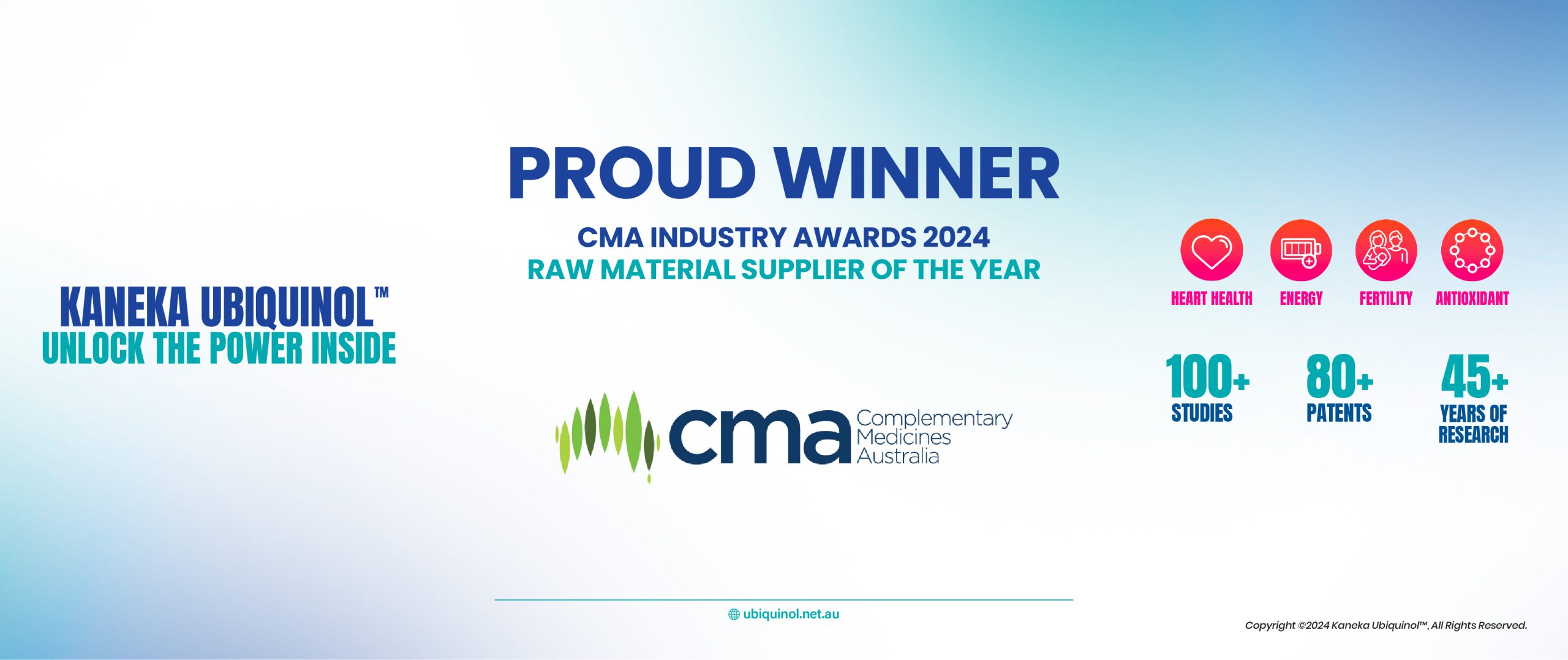
Kaneka Ubiquinol Wins Prestigious Complementary Medicines Raw Material Supplier of the Year Award 2024
Dec 2024Category: Ageing, Awards, cardiovascular health, complementary medicine, Conference, Conferences, Endurance, Energy, Fatigue, Fertility, Fitness, Health, Health Industry, healthy ageing, Heart, Immunity, In The News, Kaneka, Lungs, Memory, Mitochondrial health, Nutrition, Online, Stress, Ubiquinol, Vitamins, wellnessRead More